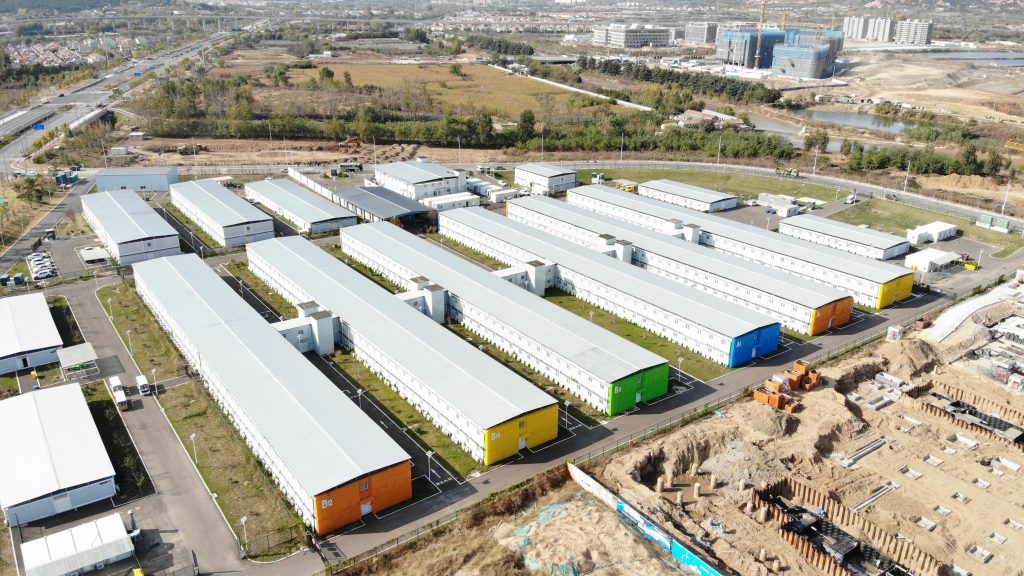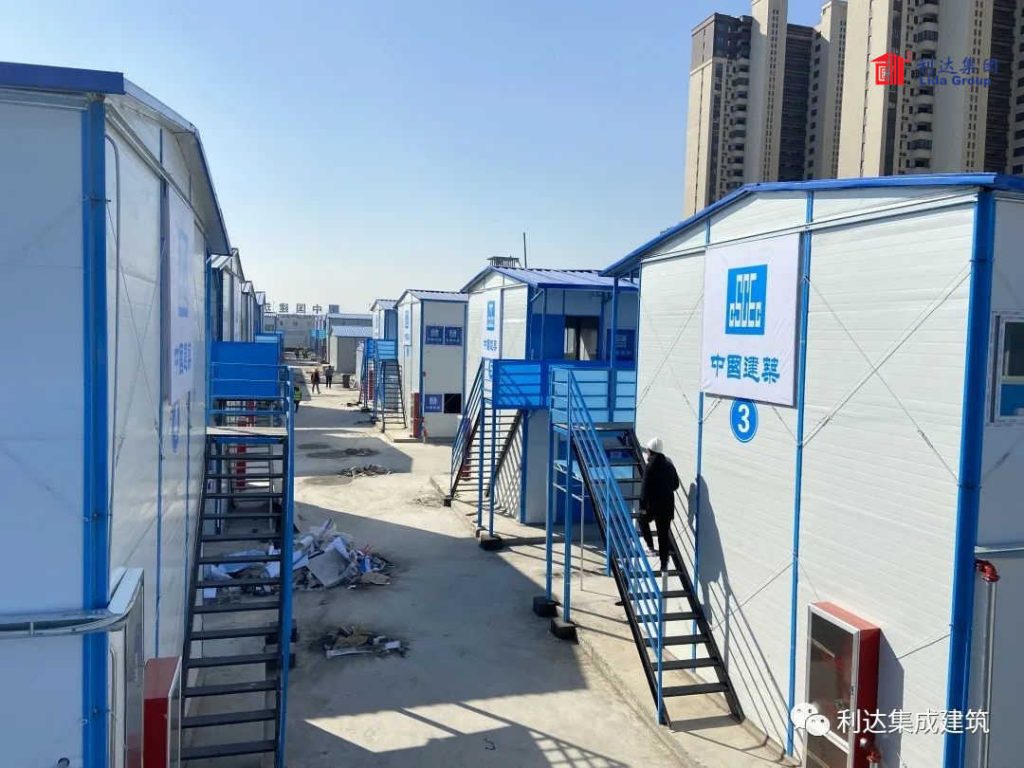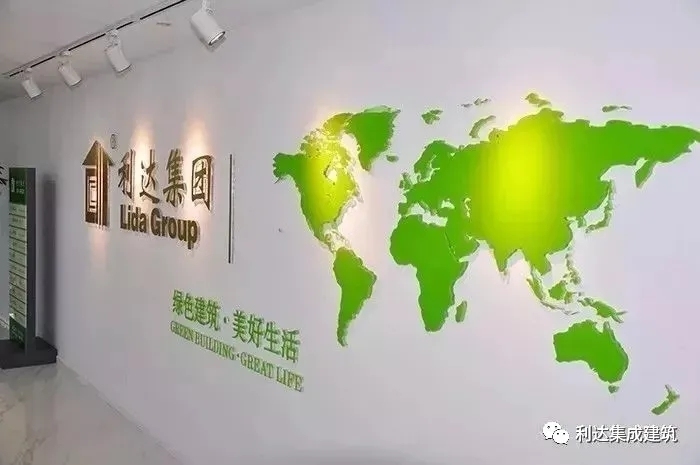China faces immense challenges to sustainably house its vast population as hundreds of millions continue migrating to urban areas. By 2023, China must construct over 2 billion square feet of new residential space – equivalent to building over a million average size homes annually.
Meeting this scale of demand presents enormous resource and environmental impacts if relying solely on conventional construction practices vulnerable to inefficiencies and waste. However, through industrialized building technologies, companies like Lida Group offer solutions empowering mass customization at the necessary volumes.
At the core of Lida Group’s model lies a universal prefabricated building system based on proprietary structural insulated sandwich panels. Consisting of rigid polymer foam cores laminated between durable skins, these panels assemble walls, floors, roofs and more with unmatched strength, durability, airtightness and thermal performance.

What’s more, the panels cut, shape and assemble like interlocking building blocks. Computer-controlled machines CNC-cut components for entire structures with millimeter precision. Modular assembly then integrates pre-plumbed, pre-wired and pre-finished modules within highly reproducible processes minimally impacted by worker variability.
This standardization allows configuring panels countless customizable ways. Floorplans, fenestrations, interior layouts and finish selections personalize designs effortlessly through a virtual 3D interface. Algorithms convert selections into robotic fabrication programs cutting no additional waste.
By leveraging scale through centralized factories like its 1.5 million square foot flagship in Shandong, Lida Group streamlines production achieving continuous improvement. Mass customization lowers prices 15-30% on average versus conventionally built homes touting equal or higher quality standards verified through rigorous testing.
Sustainably, the panels seal structures airtight to within 1% of code minimums slashing energy use levels by up to 50% compared to typical new homes. High-density foam cores insulate 2-3 times more than traditional wood framing too. Additional advantages include less on-site dust, no toxic treatments preserving occupant indoor air quality.

Regarding materials, aluminum alloy and galvanized steel composite panel skins resist corrosion and require no maintenance. Their inorganic foam cores moreover contain no VOCs, are fully recyclable at end-of-life and can be repurposed for other construction applications. Concrete and structural variants even sequester carbon long-term.
Offsite fabrication neatly packages generations of construction waste. On locations, just-in-time deliveries generate virtually no scrap. Expedited on-location assembly takes a fraction of time needed conventionally, accelerating housing supply flows to meet demand surges without compromising quality or environmental performance.
As China’s housing markets mature, Lida Group Factory-built homes could readily expand to mid and high-rise residential and commercial scales. Their advanced modular techniques open possibilities for eventually housing over half of China’s urban population sustainably through innovative mass customized prefabrication leading the way to finite new frontiers.

Related news
-
The advantages of Lida Group's thermoformed foam-core aluminum composite sandwich panel construction for prefab homes over traditional on-site building practices.
2023-09-13 15:10:18
-
A tour of Lida Group's state-of-the-art prefab home factory and the mass customization techniques used to produce high quality sandwich panel buildings.
2023-09-13 14:15:06
-
How Lida Group is revolutionizing China's housing market with their fast and efficient sandwich panel prefab construction methods.
2023-09-13 14:10:04
contact us
- Tel: +86-532-88966982
- Whatsapp: +86-13793209022
- E-mail: sales@lidajituan.com


